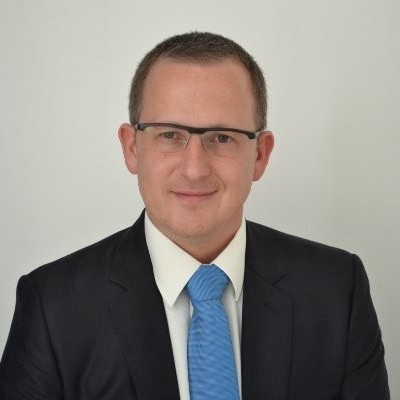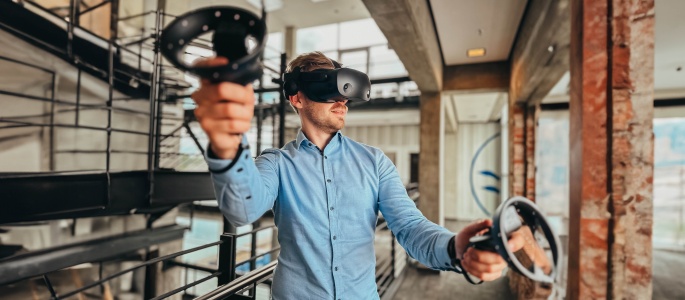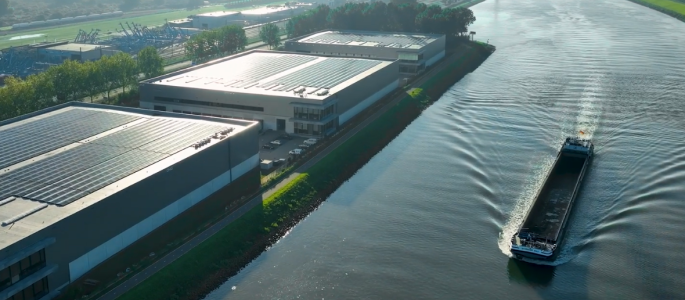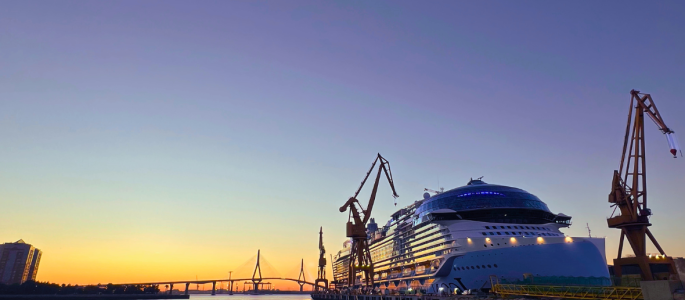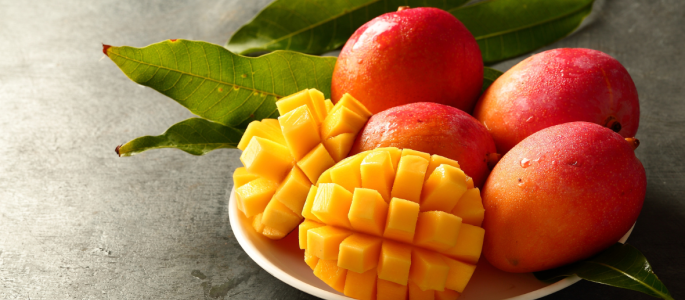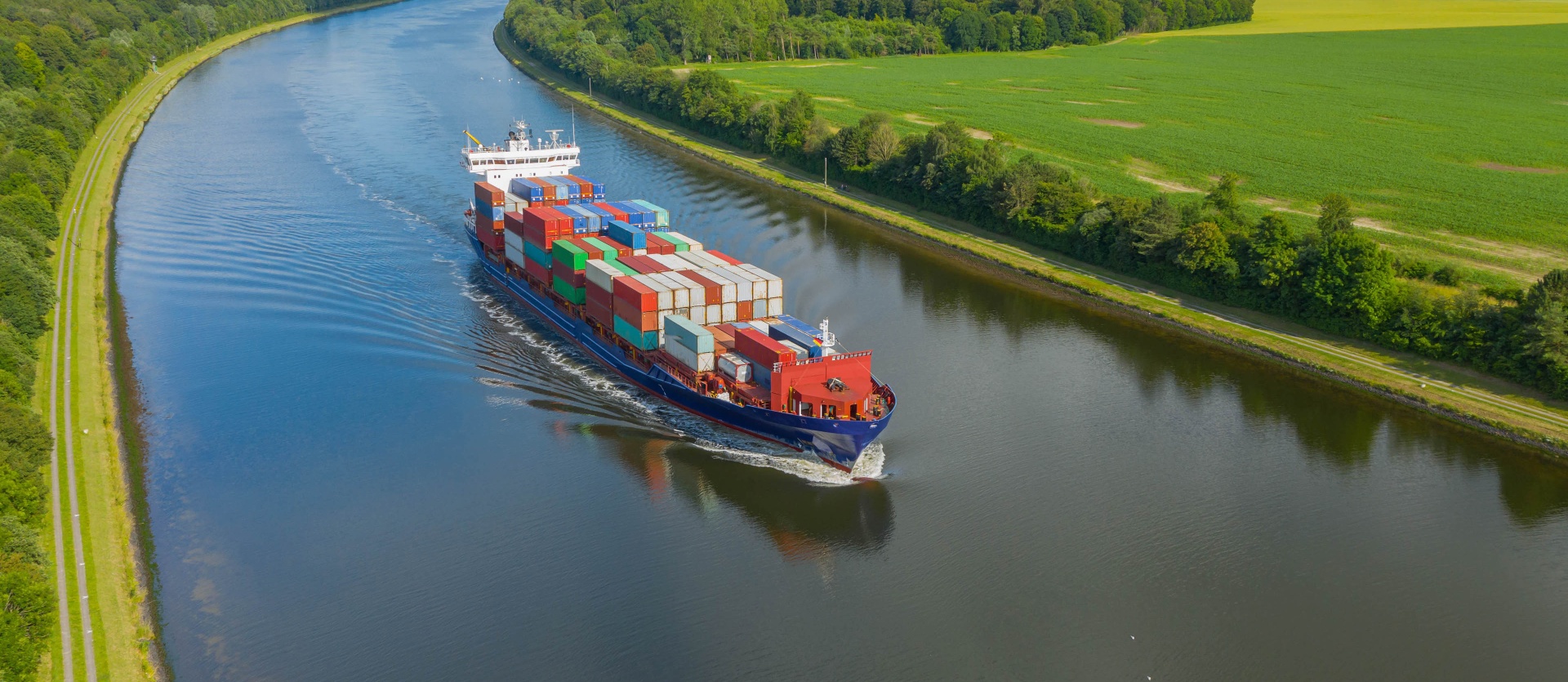
Cleaner Seafreight: Carbon neutral LCL-shipments
The global LCL Seafreight team is working together with the Zurich-based organization myclimate and is currently supporting the following carbon off-set projects in Madagaskar, India and Nepal, to compensate for greenhouse gases and to support sustainable development in each location.
Biogas for rural households in India
Building biogas plants in rural households reduces greenhouse gas emissions in three ways. Firstly, by storing manure in cisterns, methane is no longer released into the atmosphere. Secondly, this methane can be used as fuel, which reduces the need to burn firewood. And thirdly, the leftover bio-fertilizer can substitute chemical fertilizers, which reduces the need for their production and transport. Also, bio-fertilizer doesn’t lead to soil degradation like chemical fertilizers, and has 3x the nutrient content as normal animal manure.
Bio-fertilizer out of waste mountains in Nepal
Waste is a major problem in Kathmandu and nearly 70 percent of the total waste is organic. To combat this issue, Biocomp Nepal was founded. In march 2011, with the support of myclimate, they started their first project with a composting plant in the outskirts of Kathmandu. Waste from vegetable markets is collected and, through aerobic decomposition, is converted into compost. This way, methane emissions from landfills is reduced and the waste problem in the city is counteracted.
Making Madagascar a green island again with solar cookers
The distribution of energy efficient cookers and solar cookers aids in combatting the rapidly advancing deforestation levels in Madagascar, as the energy-saving cookers halve the amount of required firewood and coal consumption, while the solar cookers don’t require any firewood at all. This provides locals with considerable financial savings and reduces the amount of time and effort needed for gathering wood and maintaining the fires. Emission-free cooking with the solar cookers or low-smoke cooking with the energy efficient cookers, protects the health of woman and children in particular, who are mainly near the cooking areas or in poorly ventilated rooms. Also, with every cooker sold through the project, two trees are planted.
For more about myclimate and their climate protection projects, visit their website: www.myclimate.org
As a member of the Clean Cargo Working Group (CCWG) our Seafreight colleagues are also in active dialogue with sea freight customers, shipping companies and other logistics providers, who all strive to promote responsible and clean supply chains.
“Alongside diverse aspects of climate protection, the project that we are supporting also contributes to a multitude of sustainability targets: Improving working and living conditions, creating more jobs, preserving human rights, supporting equal rights for women, as well as educating and providing training on climate protection topics. They already cover 12 of the 17 UN sustainability targets”, says Norman Setzkorn, Director of Global Ocean Freight LCL at Hellmann Worldwide Logistics.

